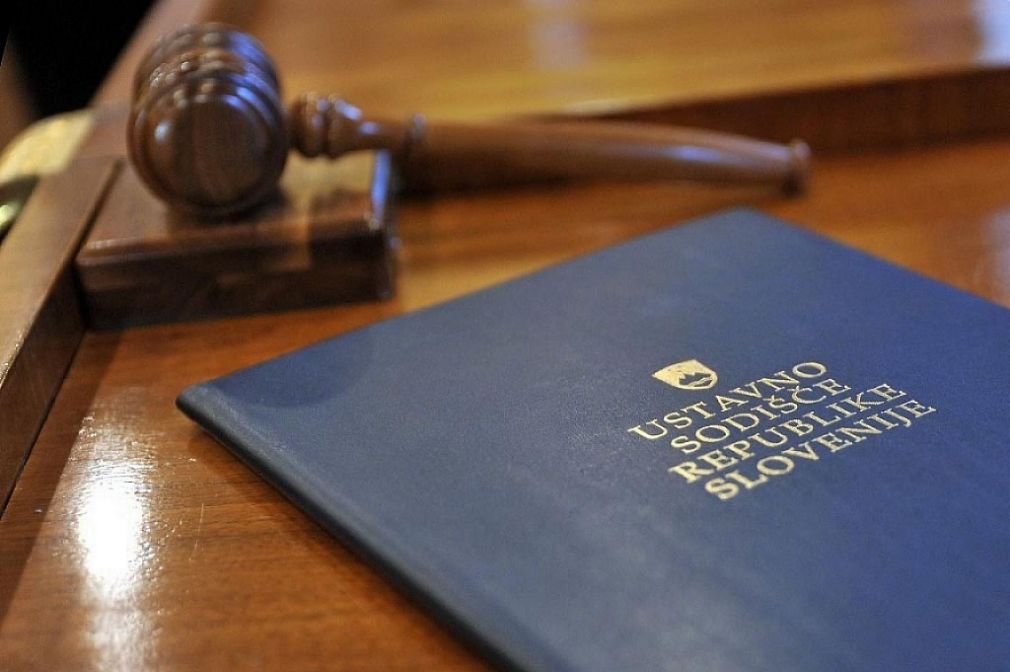Former Slovenian Ambassador, Tone Kajzer, is not surprised that Slovenia continues to slide down the list of countries that respect the rule of law. He attributes this problem to several factors, one of which is people’s own responsibility. It is the people’s own fault that we have what we have, according to Supreme Court Judge Jan Zobec, and it is also the fault of civil society, which sometimes distorts the true image of democracy, according to Judge Barbara Zobec.
“And then we wonder why Slovenia continues to slide in the ranking of countries that actually respect the rule of law. And trust in the justice system is also too low,” former diplomat Tone Kajzer, among others, recently wrote on social media X. Namely, Slovenia is ranked at the unenviable 27th place on the Rule of Law Index 2023. Kajzer believes that Slovenia could be on a par with the successful Scandinavian countries, but that people’s trust in institutions must be restored. And there is only one way to achieve this.
“People start to trust the rule of law more when they actually see in practice that they are equal before the law and that no one is above the law,” Kajzer pointed out, who believes that trust in a democracy cannot be commanded, but must be earned through competence and credible performance, where positive selection is extremely important. “In our country, trust is low, somewhere just over 20 percent,” he explained. According to the latest Rule of Law Index, Slovenia slipped to a lowly 27th place.
There must be zero tolerance for corruption
The former Ambassador believes that this is the way to strengthen trust and the rule of law. But that is not all, he pointed out, the process itself is also important and, last but not least, it is a matter of mentality, “where people have to be active and not apathetic, and at the same time where there has to be zero tolerance for corruption.” Politicians, who are entrusted by the people with the governance of the country, should set an example of action for the public good and respect for the rule of law, moral and ethical norms, “which in fact act as a cohesive or integrating factor in society,” Kajzer stressed, adding that, in his opinion, this is also one of the factors that contribute to the fact that the Nordic people are consistently ranked among the “happiest” by the standards of the United Nations.
Kajzer also explained that he had worked as an ambassador and lived in the Nordic region for many years, where, he said, he had “many friends, including among the judges, so I know what I am talking about,” and added that the data also speak for themselves. “In Denmark, Norway, Finland and Sweden, people have more than 80 percent confidence in the work of judges and courts. Estonia is also moving in this direction,” said the former Ambassador.
Slovenia is paying a high price for naivety
Supreme Court Justices Jan Zobec and Barbara Zobec were also critical of the rule of law in our country, and the government’s actions. The former believes that we are becoming an increasingly poor, impoverished society, with a “bloated” public sector and excessive taxes that burden everyone, but most of all, the economy.
To further demonstrate this, Zobec pointed to the relentless inflation and the ever-increasing price of electricity, followed by the frenzy for alternative energy sources. However, he also pointed out that “we have what we elected, or rather – what they elected,” adding that “we are paying a high price for popular naivety, civic irresponsibility, passivity and indifference.”
Civil society distorts the meaning of democracy
On the one hand, popular naivety; on the other, the over-emphasis on “civil society”, which is not what it claims to be, and their “distortion of the meaning of democracy”.
“An example of this is when certain selected civil society groups, for example, selected non-governmental organisations, are given power for which they have no democratic mandate and no political accountability. This is what happens in Slovenia when politically selected civil society, selected NGOs, write laws, participate in strategic councils, and thus direct government policy. This, of course, distorts democracy. The centres of power are outside the democratic process, they are accountable to no one, the electorate has no control over them, they are just a tool and an excuse for autocratic governance of the country,” Supreme Court Judge Baraba Zobec also said in response to the aforementioned Rule Of Law Index.
T. B.


